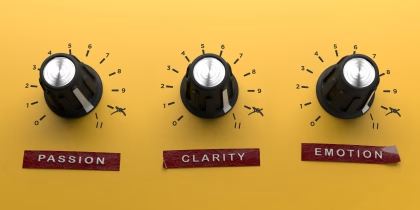Dishonesty erodes society. Although much is known about dishonesty, the process leading up to the decision of whether to be honest or dishonest is often assumed to be homogenous and is not well understood. In this paper, we take a more nuanced approach and explore more closely the process of deciding whether to cheat or be honest when an opportunity to cheat arises. We do this in two laboratory eye tracking experiments. In our first experiment (n = 193), we identify heterogeneity in the decision to cheat. Some decisions on whether to cheat or be honest exhibit relatively little variation and appear to be oriented towards cheating (or honesty) with apparently little consideration of the alternative, whereas other decisions seem to be characterized by a higher degree of consideration for both decision alternatives. Our second experiment (n = 299) demonstrates that a gaze dependent intervention in the choices process is able to affect the behavioral outcomes.
A 17″ Tobii T60A remote eye tracker was used to record gaze data at 60 Hz (Tobii Technology AB, Sweden) with a resolution of 1,280 × 1,024 using Attention Tool 5.2 software (iMotions A/S).







